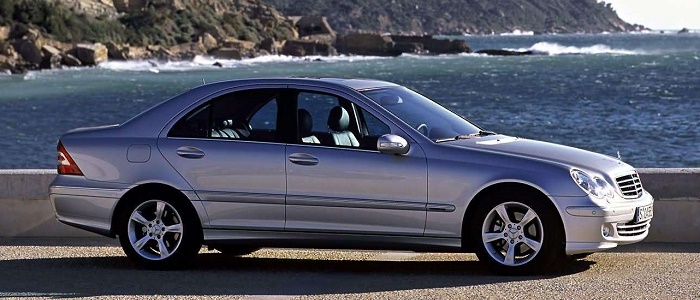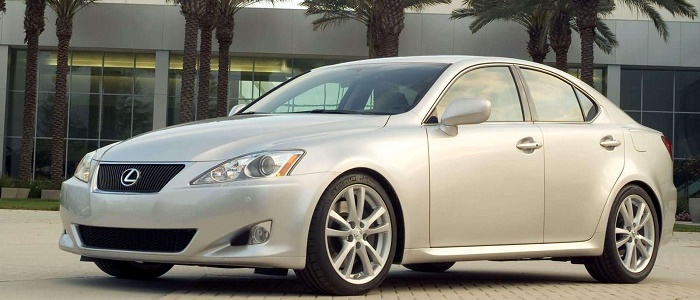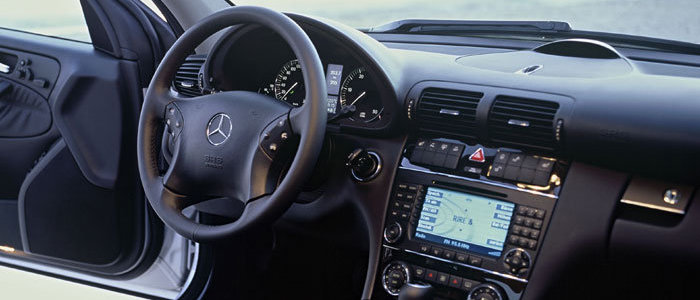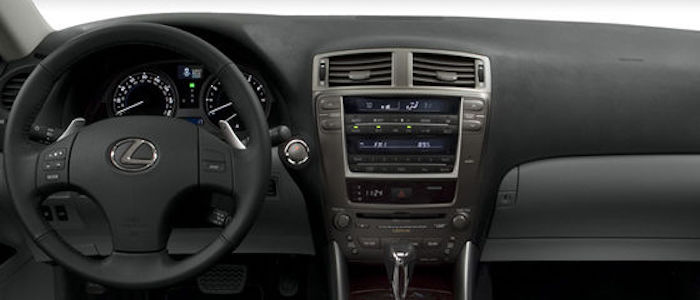Compare two cars
Compare any two cars and get our Virtual Adviser™ opinion
Dimensons & Outlines
Check vehicle history
Engine
2.0 M111 E20 ML EVO
Performance (manual gearbox)
Performance (automatic gearbox)
Expenses
Virtual Adviser's™ opinion
Well, these are two pretty similar cars we have here! It's only details that could potentially make the difference. Considering they both belong to the large family car segment and utilize the same 4-door sedan body style and the rear wheel drive system, it all comes up to the specific petrol engine choice they offer. The first one has a Mercedes Benz-engineered powertrain under the hood, a 4-cylinder, 16-valves 163hp unit, while the other one gets its power and torque from a 6-cylinder, 24-valves 207hp engine designed by Toyota.
SafetyBoth vehicles got tested by European New Car Assessment Programme (Euro NCAP), with the same number of safety stars gained in the process. Still, apart from the official crash test results there are other things we need to be aware of. Both vehicles belong to the large family car segment, which is generally a good thing safety-wise, but it doesn't do much to help us decide between the two. On the other hand, if we'd like to consider vehicle mass in this context too, which we definitely should, the Japanese car offers a considerable difference of 13% more metal.
ReliabilityI don't like generalizing things when it comes to reliability, although it does seem that Lexus as a brand displays somewhat better results, when all the models are taken into account. That's the official data, while our visitors describe reliability of Mercedes Benz with an average rating of 4.3, and models under the Lexus badge with 4.9 out of 5. Independent research findings rank C as average reliability-wise, and IS is more or less at the same level.We should definitely mention that owners of cars with the same powertrain as the German car rank it on average as 5.0 out of 5, exactly the same as the other one.
Performance & Fuel economyLexus is undoubtly more agile, reaching 100km/h in 1.2 seconds less than its competitor. Still, it lacks the power to win the top speed competition, topping at 230 kilometers per hour, 4km/h less than the other car. When it comes to fuel economy the winner has to be the German car, averaging around 8.4 liters of fuel per 100 kilometers (34 mpg), in combined cycle. We can't ignore that 17% difference compared to the Japanese car.
Verdict
Lexus appears just a bit more reliable, although the difference is truly marginal. The most important thing when deciding between any two vehicles should always be safety, both passive and active. In my opinion, everything taken into account, the Japanese car offers significantly better overall protection, taking the lead here. It all continues in the same direction, with Lexus offering somewhat better performance, just enough to call it quicker. It does come at a cost though, and that's the fuel consumption... At the end, as much as I'd like to give you a winner here, it's simply a pure tie if you ask me. In any case that's my personal view, built upon all the data available to me. What should decide here though is the way you feel about the two vehicles, and I hope you'll find my guidelines useful in the process. I suggest you spend two more minutes in order to find out which car, based on your needs and budget, would be picked by the virtual adviser™, among more than 12.000 different ones in our database.
Related articles
I'm unsure whether it's the same taxi driver that hunts me all the time, or there are so many of them operating the C class 200/220 CDI variants. Either way, every time the story goes in the same direction. Usually, it's me thrilled by the comfort of a Mercedes more than 10 years old...


































